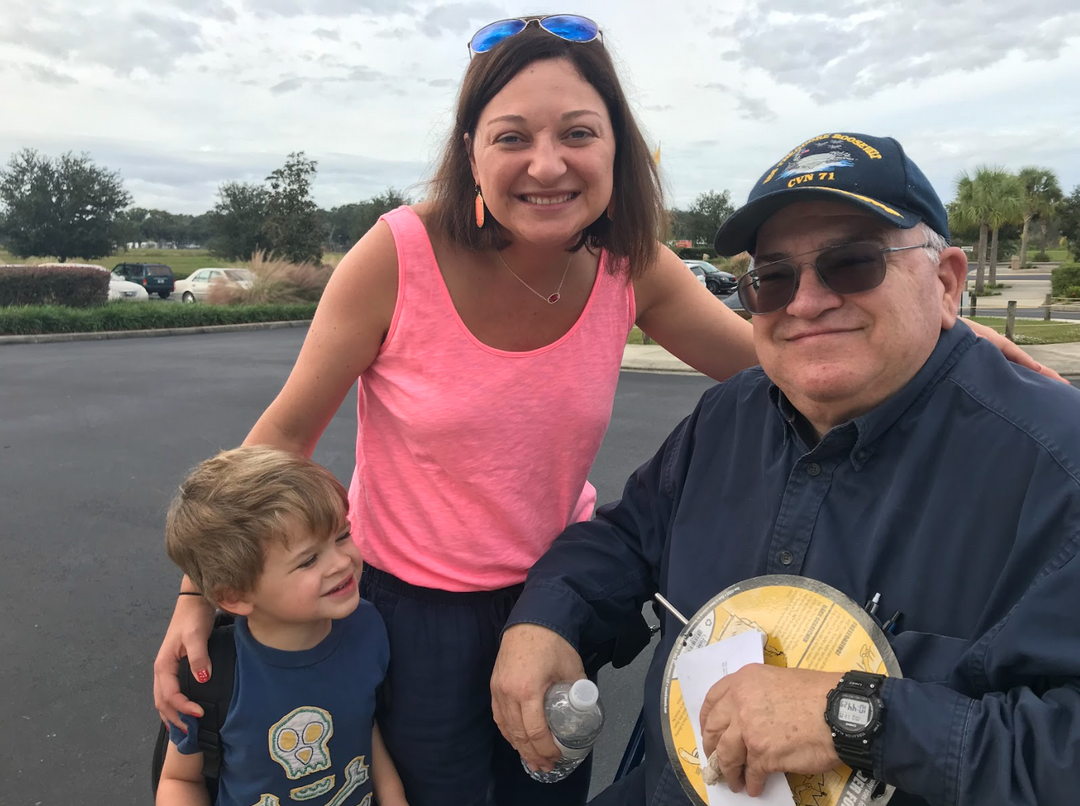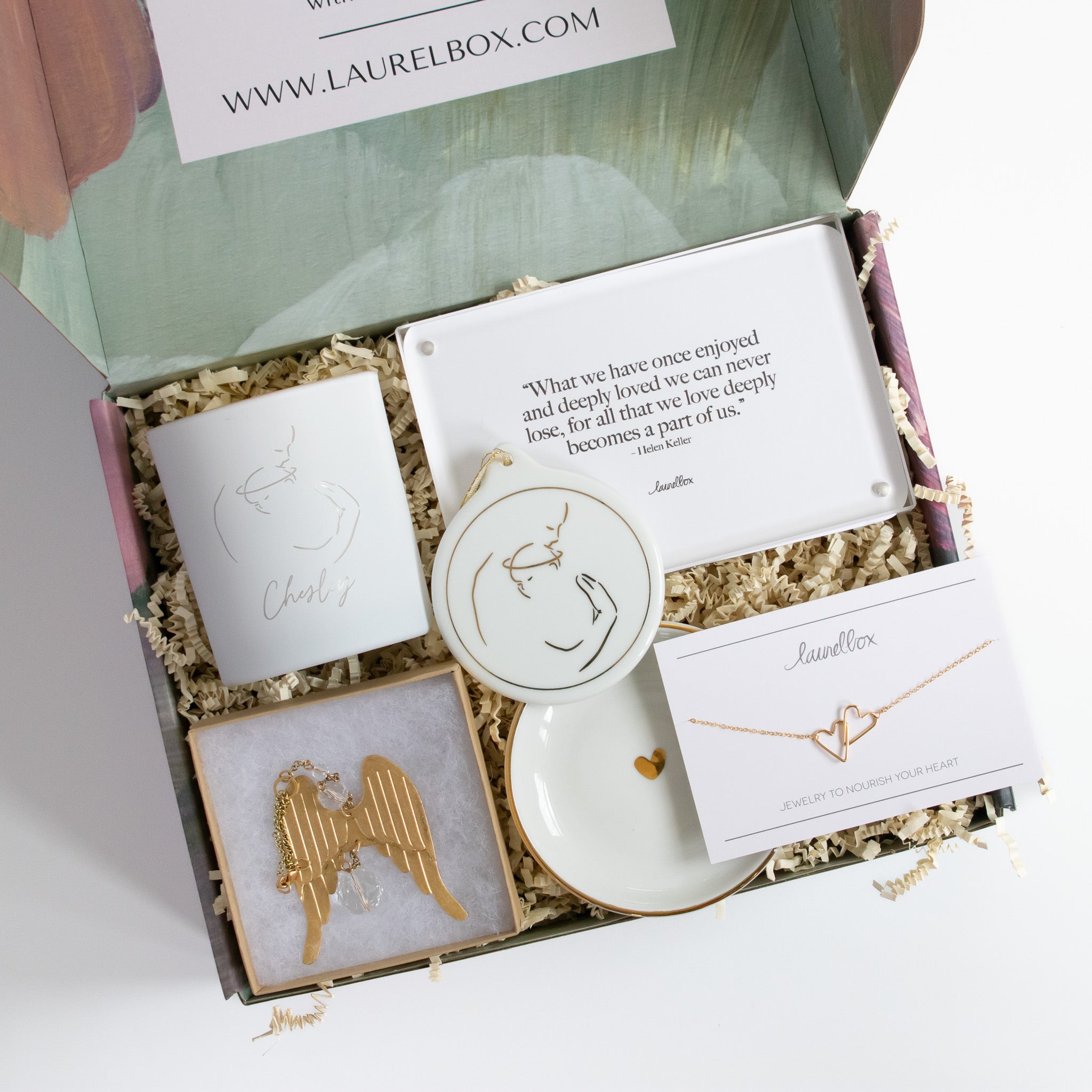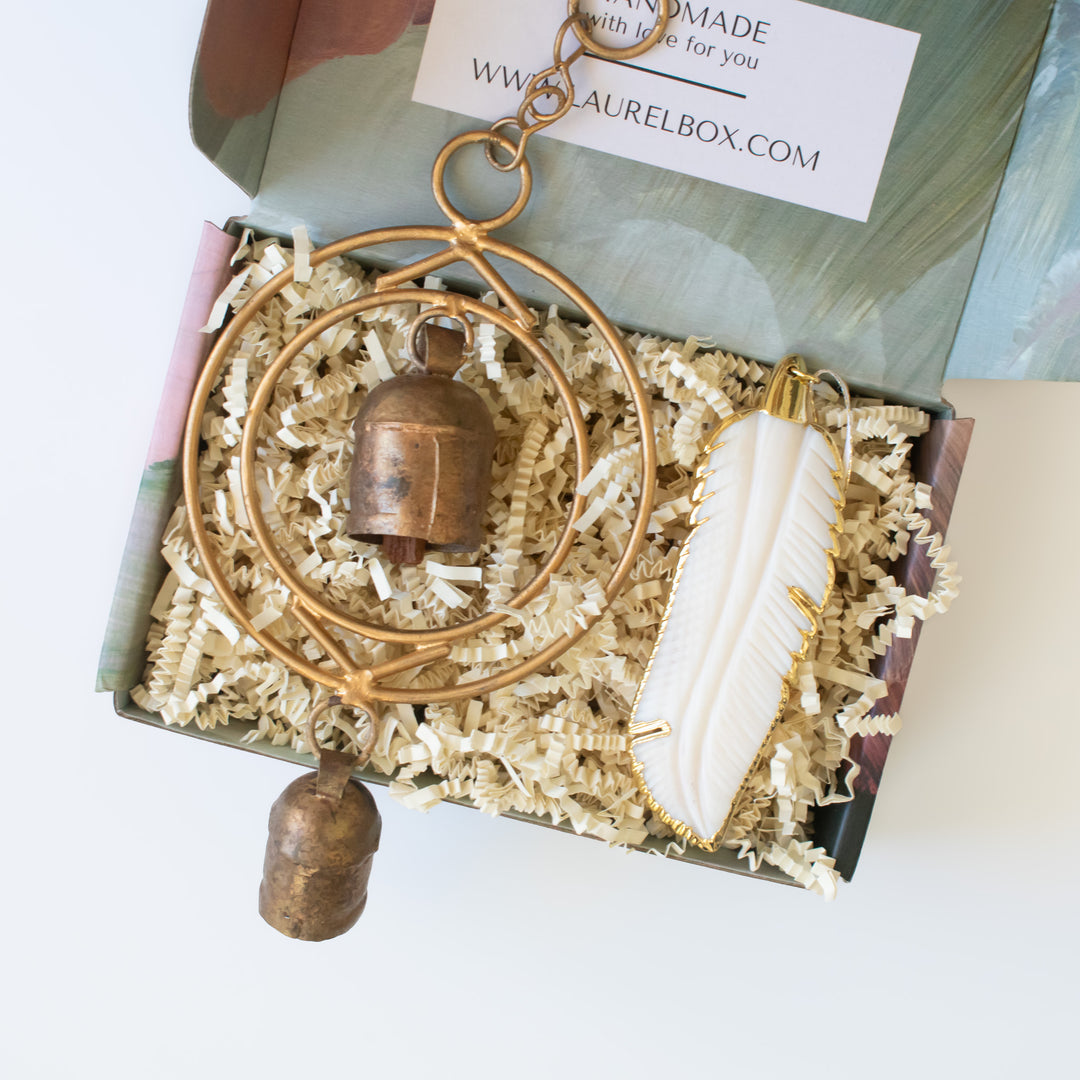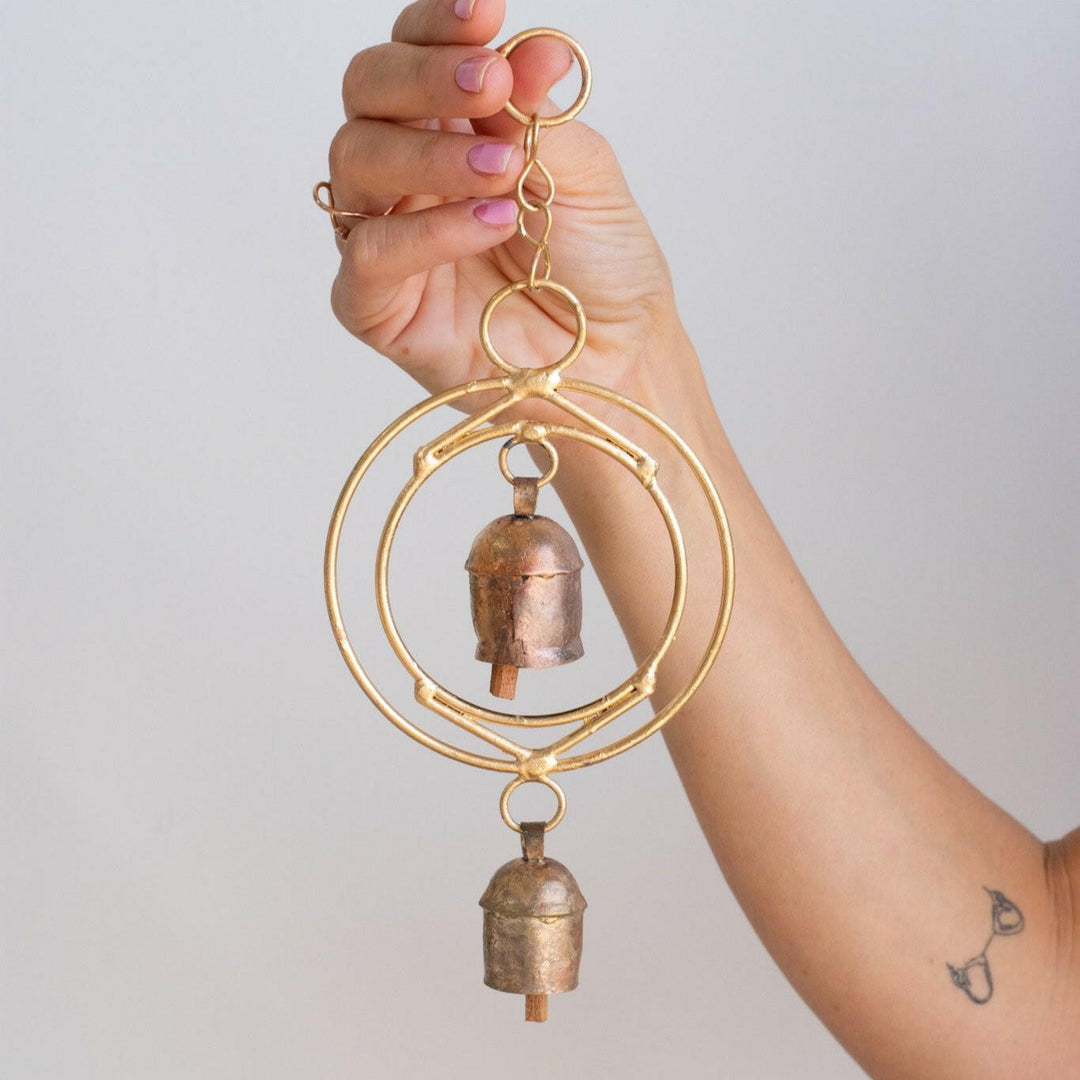
Navigating the Complex Path of Grief: Healing from Hurtful Relationships
Grief is never straightforward. There are always a range of emotions and feelings involved when you lose someone close to you. However, some grief journeys can be exceptionally difficult to navigate. For example, grieving a loving parent who supported and nurtured you may feel differently than grieving an absent parent with whom you had a complicated past. Losing an estranged sibling will be challenging in ways different from losing a brother or sister whom you were very close to. Perhaps you were surprised by a pregnancy but before you even had time to process the big life-altering news, you miscarried. What then? Loss without closure can be complex and confusing. The purpose of this blog is to help you navigate these challenging grief journeys with a little bit of insight and a lot of hope.
Understanding Grief in the Context of Unhealthy Relationships
Life is complicated. People are messy and relationships that should bring joy can instead bring sorrow, hurt and bitterness. Estranged relationships are when there is little to no contact between the two individuals. Abusive relationships could stem from physical, emotional or sexual abuse and is defined as any relationship where one person exerts control or power over another in a negative way. The impact these unhealthy relationships can have on mental and emotional health is substantial. Emotional trauma, low self-esteem, and isolation are just a few issues that can arise. When a physical death occurs within the context of these difficult relationships, grieving the loss of a relationship can be especially tough to navigate. Hidden grief, also known as disenfranchised grief, is any grief that goes unacknowledged or unvalidated by social norms. That could mean feeling pressure not to grieve someone who hurt or abused you. Delayed grief is a reaction to a loss that occurs months or even years later. Ambiguous loss is someone’s intense sense of sadness that is not associated with the death of a loved one.
Scenario 1: Estranged Relationships
Estranged relationships are obviously challenging and can produce a variety of complicated feelings. Some reasons estrangement could occur include:
- Not feeling loved, supported or accepted
- Physical/sexual/psychological abuse or neglect
- Poor parenting skills
- Substance abuse
- Issues related to money
- Extreme differences in religious/political beliefs
- Spousal conflicts
- Childhood trauma
When a death occurs in the context of that, things get even more complicated. You may deal with feelings of guilt about *not* being sad the person is no longer living. You may feel regret over not having reconciled prior to the death. It could even be the person hasn’t actually physically died, but since the relationship is “dead,” you are experiencing ambiguous loss. It’s important to remember whatever level of grief you are experiencing, it’s valid. There are ways to cope and heal from the loss. If you feel comfortable, choose to attend the funeral. It may bring the closure you are seeking. Visiting the grave privately may allow you to say anything you never got to say to the person while they were still alive. You could use the death as an opportunity to repair or strengthen relationships with other family members or relatives that you may have distanced from. It’s important to forgive yourself and practice self-compassion if you are struggling with feelings of shame or guilt. If you want some real life examples of navigating grief from the loss of an estranged relative, check out this New York Times article entitled, “When an Estranged Relative Dies, Some Face Grief, Regret and Relief.” In it, the author references a 2019 study of 1,340 Americans that found 27% of those surveyed were estranged from a family member.
Scenario 2: Difficult Past
Grieving someone with a turbulent history is both complicated and confusing. The weight of past traumas can put additional pressure on an individual. It can be hard to reconcile mixed emotions. On the one hand, this person caused you so much pain and suffering. On the other, there may have been times when you were happy together and had shared memories. Therapeutic interventions to help process grief could include therapy and counseling from a licensed professional. Perhaps there is a support group near you or virtually you could join. Journaling and self-reflection can also be a very important part of understanding and naming your emotions. There is something so cathartic in “putting pen to paper” and writing about a loss.
I can personally speak to the difficulty of navigating this type of grief experience. After his infidelity was discovered, my father left my mother and moved out and basically abandoned me and my older sister. During all my middle school years, I didn’t receive a single phone call, letter or visit - despite his living fewer than 20 miles away from our new home. Through my reaching out years later, we slowly began to rebuild a relationship. However, I had to be mindful of his control issues, temper, and unwillingness to follow through on things. In 2021, he passed away suddenly. It was difficult to navigate the grief because it wasn’t a loss I felt profoundly. In the previous years, we spoke on the phone occasionally and saw each other sporadically - at most once or twice a year. I find that now I grieve more so for what could have been. For all his many faults, he loved his grandchildren and would have adored seeing pictures of my three-year-old daughter dressed up as a princess. He would have howled with laughter at a video of the baby pinching her older brother. The grief I feel is muted but present.
Losing someone with whom you had a difficult past can be complex and challenging. When my dad died unexpectedly in 2021, the grief journey was new and unexpected. I had to cling to the happy memories more than the sad ones. This 2017 trip to a dinosaur park with dad and my son was a happy memory.

Scenario 3: Unexpected Pregnancy Loss
For many couples, seeing two pink lines appear on a pregnancy test can feel like winning the lottery. As someone who slogged through secondary infertility for three years, I know the crushing disappointment of a negative test. However, what happens when you unexpectedly get pregnant, only to lose the baby weeks or months later? Coping with the loss of an unintended pregnancy can be very difficult. For a surprise pregnancy, the shock and disbelief is very real. There can be a number of reasons why an unplanned pregnancy might feel more like a bad surprise than a good one. If that’s the case, and you end up losing the baby, a variety of emotions can occur. Relief. Guilt. Shame. Sadness. Add in the hormones that come with pregnancy anyway and it’s a roller coaster of emotions. There are societal expectations too. Miscarriage and infant loss is devastating anyway, but add in conflicted feelings of relief and quiet whispers of doubt that maybe you “wished” it away. You may even tell yourself (incorrectly) that you don’t deserve to grieve. Whatever you are feeling, know there is healing and support. Don’t isolate yourself by keeping your feelings buried inside. Talk to your partner about how you are feeling and what ways you could feel loved and supported. Share with a trusted friend and let them know what you are going through. Too many women keep their miscarriage a secret and suffer in silence. Don’t let that be you! Find a licensed counselor, therapist or even a support group to share your feelings with.
Coping Strategies and Healing
Coping strategies can be a vital way at combating the stress we are walking through. Check out this video from the Mental Health Collaborative for some healthy and unhealthy coping strategies.
Healing is another important aspect of the grieving process. With the right steps, you can move from pain towards healing.
- Seek support
- Therapy and counseling
- Support groups
- Communication with spouse or trusted friend
- Practice self-care and self-compassion
- Self-forgiveness
- Self-care routines
- Gift yourself a unique remembrance gift, if desired
- Find meaning and acceptance
- Processing the past
- Forgiving old hurts
- Rebuilding self-identity
- Create a new narrative
- Setting boundaries in current relationships
- Rebuilding relationships
- Cultivate resilience
- Resilience-building practices
- Look to a hopeful future
Thoughtful remembrance gifts
Conclusion
Unhealthy, hurtful or non-existent relationships are difficult to navigate anyway. Add in grief and lack of closure from a death and it can feel downright impossible. But take heart, you aren’t alone in navigating complex emotions around grief. Through healthy coping practices, steps of healing, and time itself, you can weather this storm. Remember, these hard experiences make us more empathetic and caring individuals if we get better, not bitter! Take time to identify your emotions as you walk your grief journey and make sure to reach out to those around you or mental health professionals if you need help along the way!
LANNA BRITT
Lanna Britt was a national news producer in Washington DC for nearly a decade covering politics, breaking news and current events. She now lives with her husband and three children in Richmond VA. She has two sweet babies she’ll meet again in heaven.

















